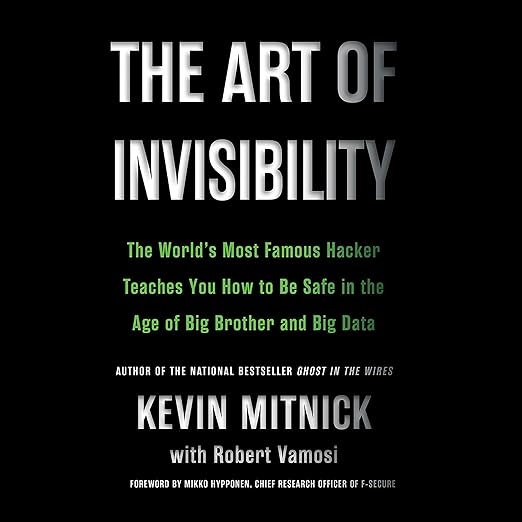
In 2025, digital privacy is no longer a technical issue reserved for cybersecurity experts. Digital privacy is a life skill parents must teach children before giving them smartphones. It has become a form of modern literacy, a life skill as essential as learning how to read, write, or drive.
When I speak to parents across the world — especially mothers juggling work, childcare, and digital safety—the same worry comes up again and again: “How do I protect my kids online when the online world never stops watching?”
Based on the insights from my ebook, Privacy Is Possible, I’ve come to believe that privacy is not about hiding something. It’s about preserving the space your children need to grow into healthy, confident, independent adults. Privacy is protection. Privacy is dignity. Privacy is power.
Therefore digital privacy is a life skill parents must teach before giving their children smartphones and access to social media.
The Digital Footprint You Don’t See
Every tap, search, swipe, and click generates a permanent trail. Even the apps your children use for homework collect behavioural data. Social media platforms track your emotional responses. Streaming services map your attention span. Gaming apps collect your geolocation, contacts, and device fingerprints.
None of this feels dangerous in isolation, but combined, it creates an intimate profile of your child’s habits, vulnerabilities, interests, and patterns of behaviour.
The most concerning part? Most of these profiles are created without parental awareness, and in many cases, without meaningful consent.
This is why digital privacy is a life skill that most parents must teach their children.
Parents Are the First Line of Defence
Parents are raising children in an era where:
- A child’s face can be captured by facial recognition systems in public places
- Schools use AI monitoring tools without families fully understanding what data is stored
- Teen identities can be stolen before they turn 18
- Social platforms shape a child’s worldview long before they may understand persuasion
- You don’t need to be paranoid—but you do need to be prepared. Teaching privacy today is the equivalent of teaching street smarts in the 1980s. It’s a survival skill.
3 Privacy Lessons Every Parent Should Teach Early
- Don’t trade personal information for convenience.
Children are conditioned to “allow access” without giving it a thought. Help them understand that every permission matters. When they are not sure about permission, they must ask you, the parent, if they can trust an app or website. - What goes online stays online—forever.
Screenshots, reposts, archives, and data brokers ensure nothing truly disappears. The Internet Archive is just one example of a massive library of websites, including their history, that is permanently available for everyone to access. - Privacy is self-respect.
When kids understand that protecting their information protects their identity, they treat online spaces with more maturity. The more children can understand and respect themselves, the more they will understand the importance of privacy as a life skill.
An Academic Perspective
Research from the American Psychological Association shows that digital surveillance and targeted content can significantly influence adolescent cognitive and emotional development (APA, 2023). When children lack privacy, they struggle to build autonomy and self-identity—two pillars of healthy development.
Autonomy is when your child is self-directed and can act independently from others. Self-identity is the way a person understands and defines who they are, formed by a combination of personal beliefs, interests, life experiences, and how they view their role in the world.
Book Recommendation: “The Art of Invisibility” by Kevin Mitnick

A powerful, practical guide to digital privacy written by one of the world’s most famous former hackers. Kevin Mitnick builds you up throughout the first half of the book by giving you steps you can take with plenty of real-world examples of what has happened to people who have failed to do so.
In the second half of the book, he tears you down by hammering you with reason after reason why you cannot realistically expect the slightest modicum of privacy in any area of your life in modern society with smartphones and social media.
After you’ve stopped wondering why you even bothered to read this book, he shines a light in the closing chapters, showing in refreshing detail how it is possible to attain true anonymity.